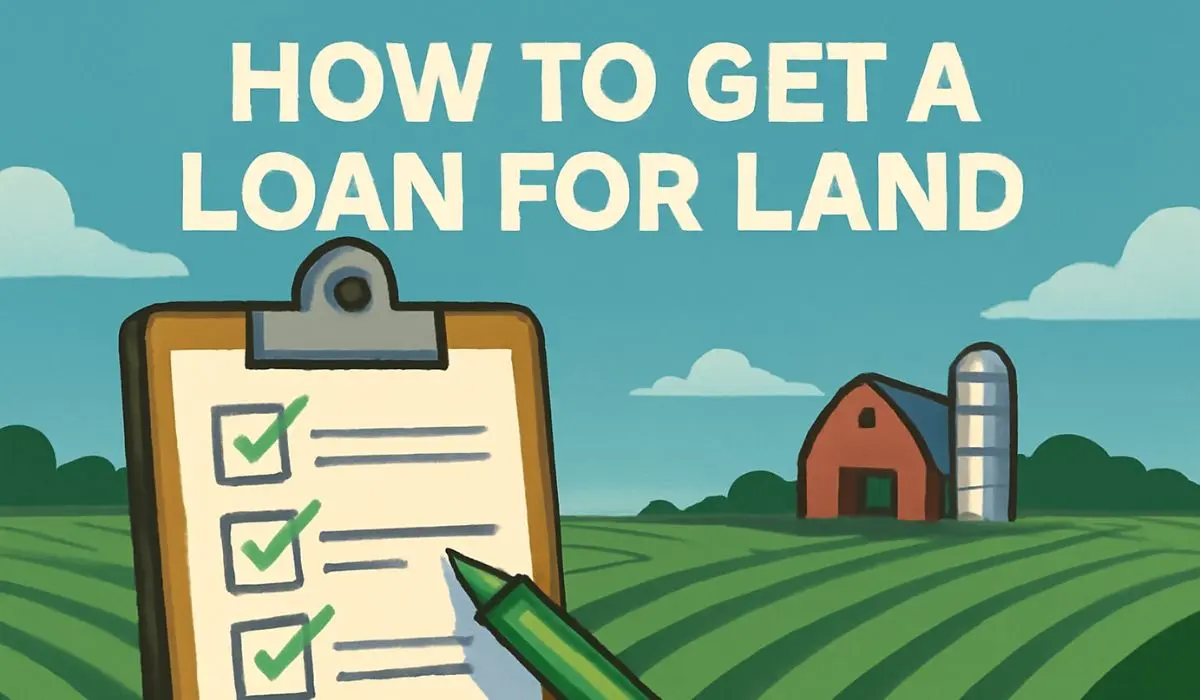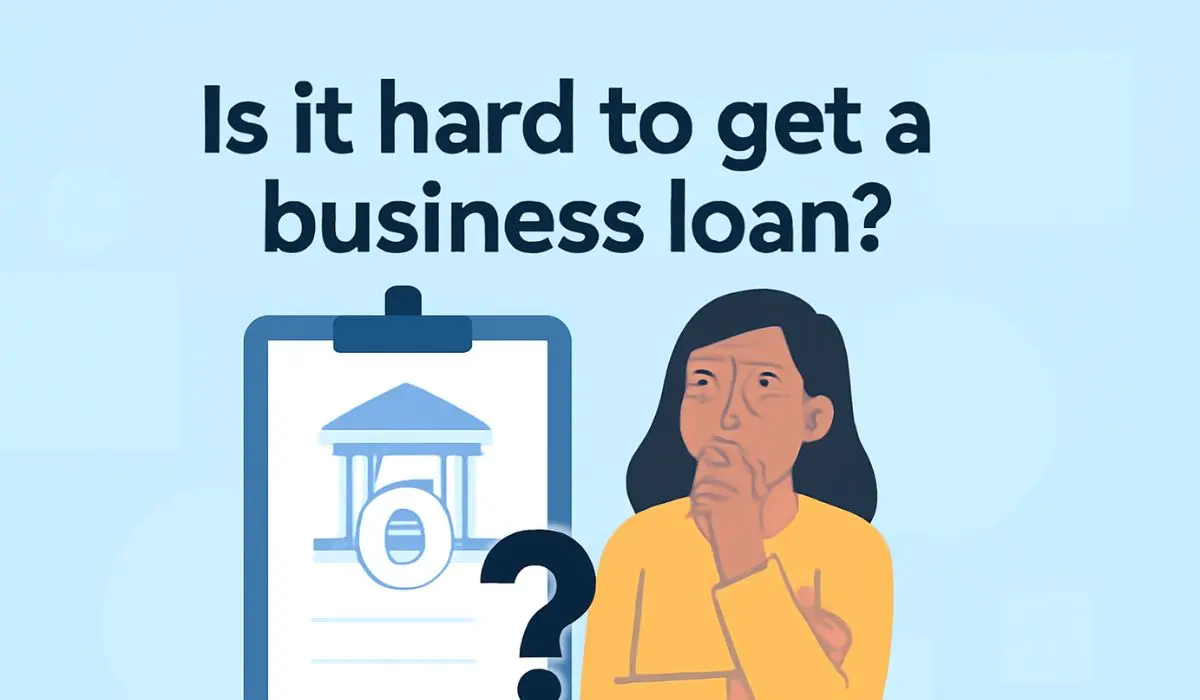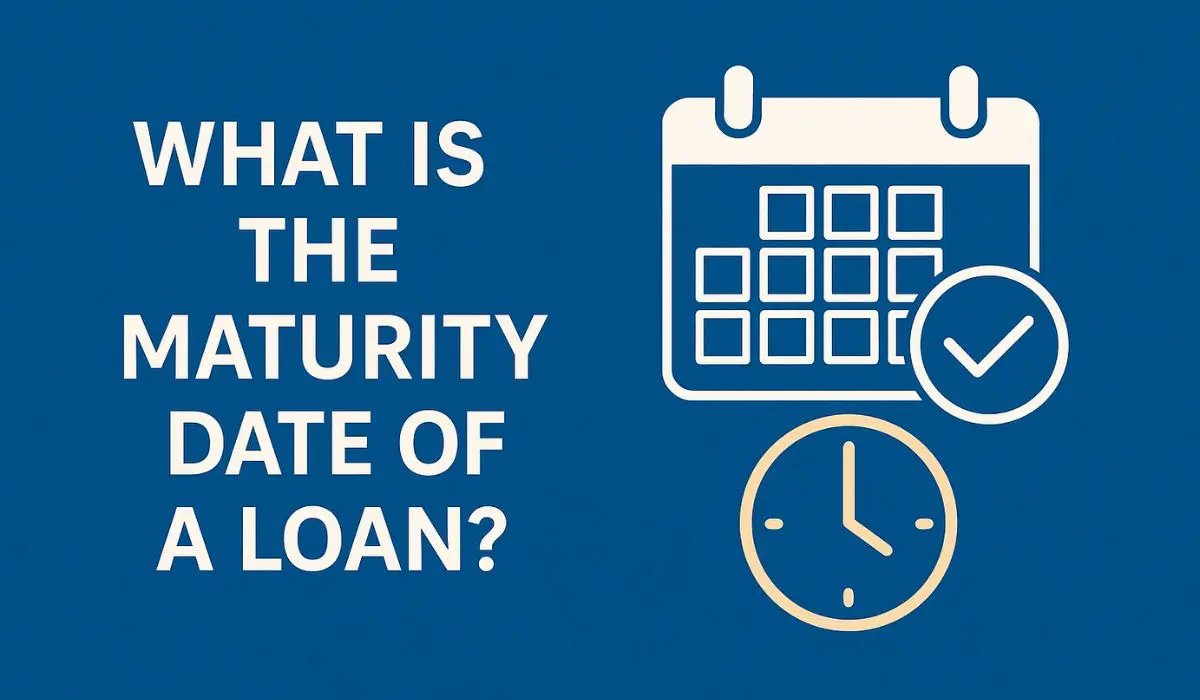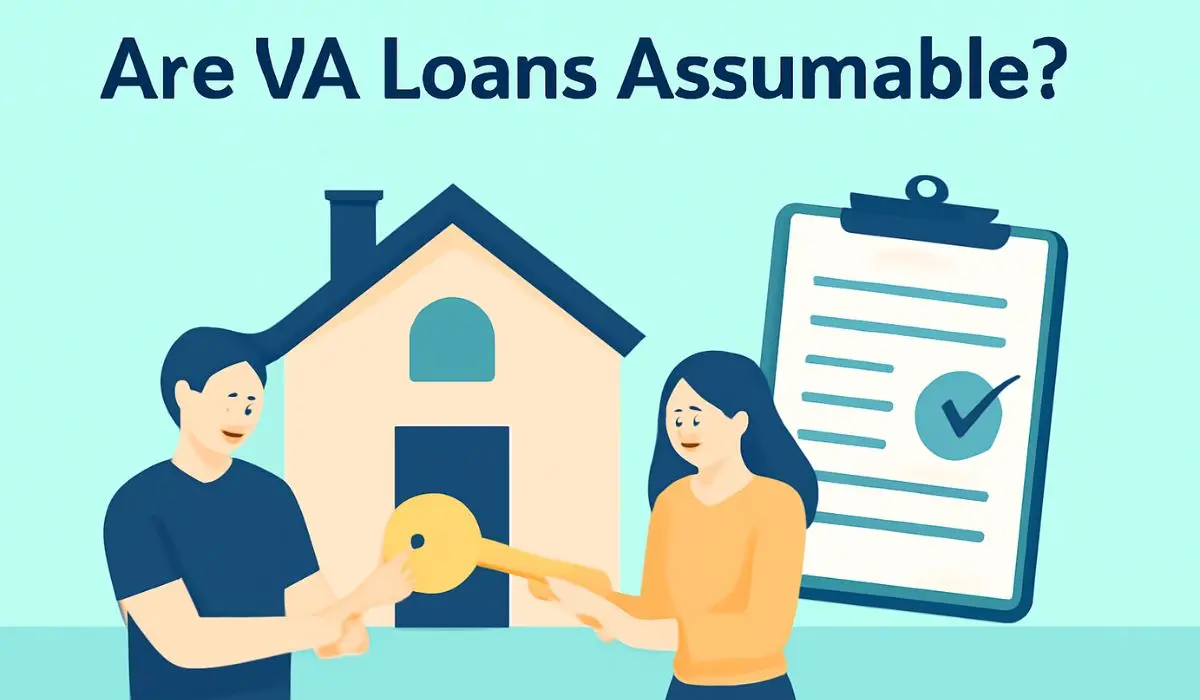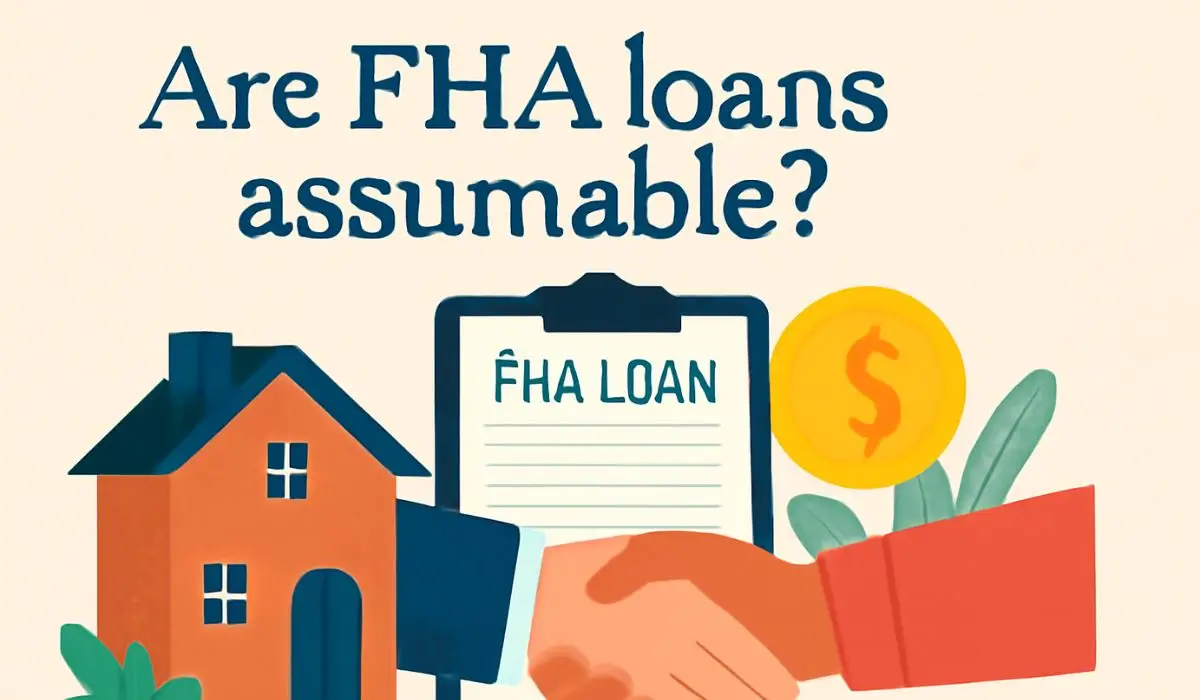Buying land is a big step, whether you’re planning to build your dream home, start a business, or invest in real estate. But knowing how to get a loan for land can be trickier than getting a mortgage for a house.
What Is A Land Loan?
A land loan is a loan that helps you buy a plot of land. Unlike a mortgage, which is used to buy a house, land loans are meant for purchasing land. This can be raw land (land with no improvements), unimproved land (land with basic utilities), or improved land (land ready for building with utilities already in place).
Types Of Land Loans
There are three main types of land loans, each with different requirements and risks:
- Raw Land Loans: These are for land that has no utilities, roads, or structures. These loans usually require a large down payment and have higher interest rates because the land is considered a risky investment.
- Unimproved Land Loans: This type of loan is for land that has some basic improvements, like access to roads or water, but lacks utilities like electricity and sewer systems.
- Improved Land Loans: These loans are for land that has everything you need to build, like utilities and road access. Improved land loans are the easiest to get and usually have better terms.
How Does A Land Loan Work?
A land loan works similarly to a regular mortgage. If you’re approved, the lender gives you the money to buy the land, and you pay it back over time with interest. However, getting a land loan can be harder than getting a mortgage because lenders see land as a riskier investment.
When applying for a land loan, lenders will ask for detailed information, such as:
- The land’s location: Is it in a rural or urban area?
- Zoning laws: Can you build or use the land for what you want?
- Access to utilities: Does the land have water, electricity, and roads?
How to Get a Loan for Land
If you’re wondering how to get a loan for land, follow these steps:
- Check Your Credit Score: Your credit score is important when applying for any loan. Lenders usually prefer a score of 700 or higher. The better your credit, the better your loan terms will be.
- Choose the Right Type of Land: Decide whether you want raw, unimproved, or improved land. This decision will affect the kind of loan you can get and the terms the lender will offer.
- Gather Documents: Just like applying for a mortgage, you’ll need to show your lender certain documents. These might include your income, tax returns, and a detailed plan for how you plan to use the land.
- Find a Lender: Not all banks offer land loans, so you may need to shop around. Local banks and credit unions are often a good place to start because they know the area and may be more flexible.
- Make a Down Payment: Land loans usually require a larger down payment than a mortgage, often between 20% and 50%. The amount depends on the type of land and the lender’s rules.
- Apply for the Loan: After you’ve prepared your documents, apply for the loan. Your lender will review your application and make a decision. If approved, they’ll give you the funds to buy the land.
Other Ways to Finance Land
If you can’t get a traditional land loan, there are other ways to finance your land purchase:
- Seller Financing: In some cases, the seller may offer to finance the land themselves. This means you pay the seller directly instead of going through a bank. This can be a good option if you have bad credit, but it’s important to have a lawyer review the terms before you agree.
- Home Equity Loan: If you already own a home, you can use a home equity loan to borrow against your home’s value and use that money to buy the land. This option often has better interest rates than land loans.
- USDA Loans: If you’re buying land in a rural area, you might qualify for a USDA loan. These government-backed loans offer low or no down payment options and are designed to help people buy land in less developed areas.
Tips To Improve Your Chances Of Getting A Land Loan
Here are a few tips to help you qualify for a land loan:
- Boost Your Credit Score: A higher credit score means lower interest rates and better loan terms.
- Choose Land with Utilities: Land that has water, electricity, and road access is easier to finance than raw land.
- Save for a Larger Down Payment: The more you can pay upfront, the better your chances of getting approved.
- Have a Clear Plan: Lenders want to know how you plan to use the land. Having a clear, detailed plan will help show them that your investment is worth the risk.
The Closing Process
Once you’re approved for a land loan, you’ll go through the closing process, which is similar to buying a house. You’ll need to:
- Do a Title Search: Make sure the land has a clear title and no legal issues.
- Check Zoning: Confirm that the land is zoned for the type of property you plan to build.
- Pay Closing Costs: These may include survey fees, title fees, and other costs related to buying the land.
Conclusion
Getting a loan for land isn’t as easy as applying for a home mortgage, but with the right information and preparation, it’s possible. By choosing the right type of land, preparing your financial documents, and working with a lender who understands land loans, you can make your dream of owning land a reality.
Remember, how to get a loan for land involves more than just applying. You’ll need to do your research, understand the type of land you want, and work with the right lender. Whether you’re buying land for a home, business, or investment, knowing the process will help you make the best choice.
FAQs
Borrowing money to buy land can be more difficult than getting a mortgage because land is considered riskier. Lenders often require higher down payments, a strong credit score, and detailed plans for land use.
To qualify for a land loan, you need a good credit score (typically 700+), a low debt-to-income ratio, and a clear plan for how you’ll use the land. Lenders also consider the type of land (raw, unimproved, or improved) and its location.
The minimum down payment on a land loan typically ranges from 20% to 50%, depending on the type of land and the lender’s requirements. Raw land loans generally require higher down payments compared to improved land loans.
While it’s difficult to buy land with no money down, some options like USDA loans for rural properties or seller financing may offer low or no down payment opportunities. However, these options are limited and have specific eligibility requirements.
To buy land, a credit score of 700 or higher is usually recommended to secure favorable loan terms. Some lenders may accept lower scores, but you might face higher interest rates or stricter terms.
